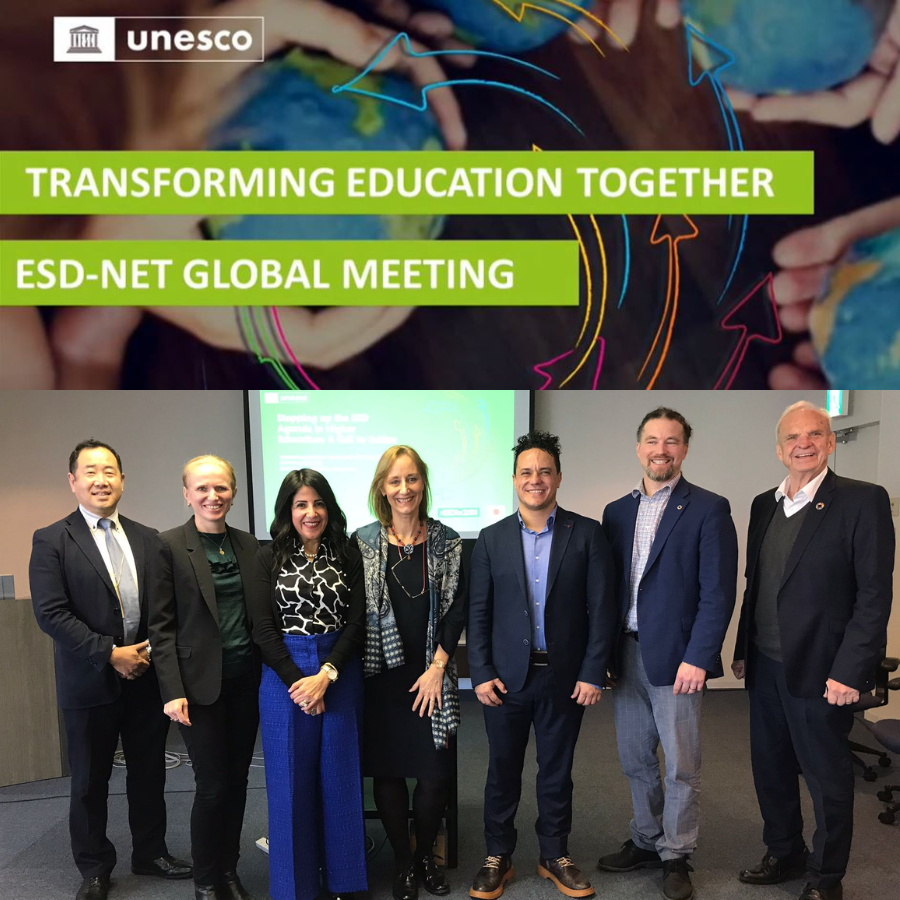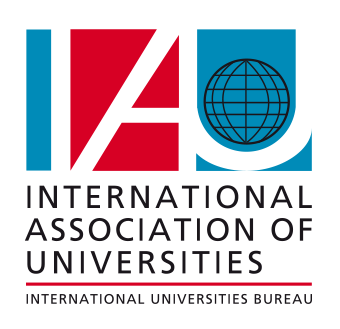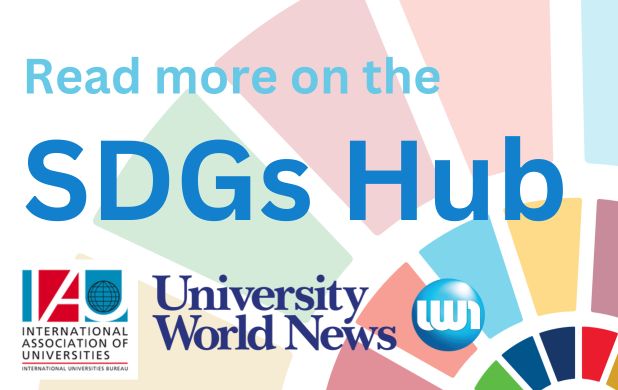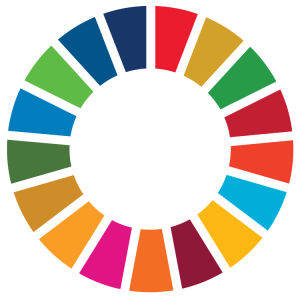
Over the last few decades, the concept of sustainable development has grown out of the interconnected environmental, ecological, social and economic challenges facing the planet, and has increasingly coalesced into a driving paradigm in policy, governance and education. Education for sustainable development (ESD) calls for an education that is transformative, which empowers lifelong learners with the knowledge, skills, values, attitudes, to not only make informed decisions but also to bring about the individual and collective change required to positively impact our societies, particularly in face of the climate crisis. The 2023 ESD-NET global meeting focused on sharing the implementation and progress of the ESD for 2030 country initiatives, trends and innovation in the context of Agenda 2030 and discussed action points in 2024-2025.
During the Regional group meetings for Asia-Pacific region, these representatives presented the ESD national initiatives, plans, and priorities of their respective countries. This meeting also allowed representatives from Central Asian countries to identify the regional priorities with their counterparts from the Asia-Pacific region, and establish new professional links and partnerships with global partners.
IAU Participation at the 2023 ESD-NET Global Meeting
Session VI-D: ‘Stepping up ESD agenda in Higher Education: A Call for Action', was co-organised by the IAU and the United Nations Institute for Training and Research (UNITAR). The session explored possible approaches to transforming higher education so that HEIs can fully play their role in enabling societies to move towards more sustainability and inclusion through the provision of quality, holistic, trans-disciplinary education, problem-oriented research, and community engagement. More specifically, the objectives of this session included discussing how to enable HEIs to inspire societal change, to outline core sustainability competencies and interdisciplinarity, and to illustrate good practices of HEIs as critical and equal partners.
The session focused on going beyond outdated educational approaches and using transdisciplinary and multidisciplinary methods connected to real-world contexts. This included addressing societal transformation, embracing greening education, and moving to a whole institution approach. IAU Secretary General Hilligje Van't Land talked specifically about the importance of embracing transdisciplinary education as a way to connect learning to reality, understand localised challenges, and embrace diversity and inclusiveness, emphasising how ESD is a valuable framework for impacting the higher education system as a whole.
The session also discussed a number of best practices in achieving the ESD agenda, notably the IAU Global Cluster on HESD, which brings together HEIs from all over the world and encourages collaborations on ESD initiatives. The IAU Global Cluster includes York University and Inland Norway University of Applied Sciences, both of whom work specifically on SDG 4: Quality Education. Mayad Belal, Professor at Helwan University in Egypt, also discussed best practices in Egypt, including a competition to green Egyptian universities. Reita Furusawa, of Chubu University in Japan, emphasized how biodiversity projects in Japanese universities promote ESD by connecting nature with higher education. All in all, the importance of fostering global dialogue for knowledge exchange and encouraging communication across different parts of the world was central to the discussion.
More Information
For more information about the ESD-NET Global Meeting here or watch the recorded portion of the event here. The schedule for the event is located here, and includes more information about Session VI-D and IAU participation.



